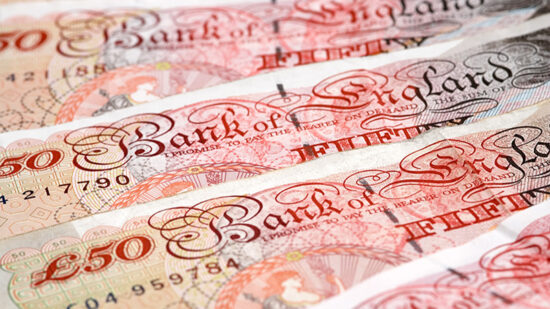The report, an investigation into the nature of the relationship between President Jacob Zuma and certain members of his cabinet and the Gupta family, was initially due to be released on 14 October, but was delayed by a court action brought by Zuma and former minister of Finance Des van Rooyen.
In his initial challenge Zuma said he had wanted to question witnesses himself and was not given sufficient time to provide answers to the questions asked by the constitutionally-mandated office tasked with investigating misconduct within government.
Zuma’s lawyer, however, told the courts on Wednesday that he had decided to withdraw his motion; the courts also dismissed with costs, van Rooyen’s application.
The ruling came on the same day that finance minister Pravin Gordhan was meant to appear in the dock to face charges of fraud. These charges, also seen as politically motivated, were however also withdrawn on Monday, an event that had also given a lift to the beleaguered currency.
Political missteps
The country has come under fire in recent months and the currency has been punished after a series of political missteps, in particular, the merry go-round of finance ministers that started off the year.
In July the country narrowly missed out on having its credit rating downgraded to junk status and is expected to report GDP growth around 0.2% for the year.
In its most recent credit opinion, released in September, Moodys, which has a Baa2 Negative rating on the country, said its current outlook: “The negative outlook recognizes the downside risks associated with political in-fighting, fragility of growth recovery and pressures on the fiscal front.
“The possibility of renewed volatility in global financial markets is another downside risk. While the government has taken important first steps towards gradual fiscal consolidation, deeper structural reforms to revive business confidence and growth are yet to take off.
The increasingly contentious political landscape and uncertainty surrounding leadership at the National Treasury reduce policy predictability and investor confidence,” it added, pointing out that measures to revive businss confidence such as increasing labour market flexibility and reforming state-owned entities would be credit positive.
The release of the Public Protector’s report and the dropping of the charges against the finance minister bode well for the strength of South Africa’s institutions and are likely to go some way to mitigating some of the more recent criticisms levelled at the country by ratings agencies, however, it is equally clear that the release of the state capture report will leave a great deal more questions than answers.
And, as such, it is likely that most international investors will maintain a watching brief.








